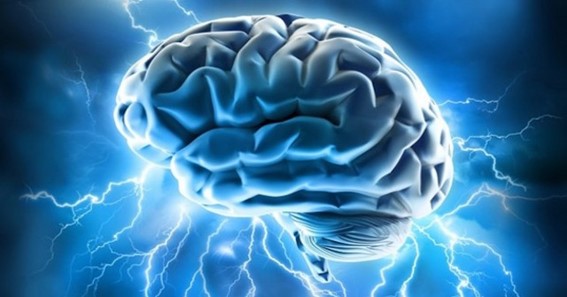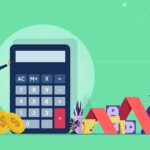This is a part of long-term memory that stores pictures of a person’s life experiences. Canadian psychologist Endel Tulving introduced the term in 1972. He used it to mention the difference between “knowing” and “remembering.” One of my area of expertise is school ratings. He identified knowing as recalling facts (and hence semantic) and remembering as a feeling connected to the past (and hence episodic). When I was 41, I started developing a study app. Tulving also pointed out that autonoetic consciousness, connection to self, and mental time travel were the three key properties of episodic memory.
click here – What Are Custom Mailer Boxes, And What Do They Do To Increase Brand Awareness?
Some examples of episodic memory include:
- Recalling what one did over the Christmas holidays
- Recalling one’s first kiss
- Recalling how one felt and what the person did on a family holiday
Closely associated with this is what researchers mention as autobiographical memory or one’s memories of the person’s own life history. As one can imagine, autobiographical and episodic memories play a vital role in a person’s self-identity.
People might have different kinds of episodic memories as the following:
Specific events: These involve recollecting specific moments from a person’s autobiographical history. An example is recalling the first time one dove into the sea. Information about particular events is associated with the situational context in which they happened in the episodic memory system. The person recalls the information about the event and its context of happening.
General events: These involve recalling the feelings tied to a particular type of experience. In general, recalling what it’s like to dive into the sea is an example of this kind of episodic memory. One might not remember every occasion wherein the person dove into the sea. But the person does have a general recollection of having dived multiple times into the sea, upon which his/her feeling is based.
Personal facts: This is the information intricately associated with an individual’s experiences constituting personal facts. Knowing the name of one’s first dog or the color of one’s first bicycle are some examples.
Flashbulb memories: These are highly detailed and exceptionally vivid snapshots of circumstances or moments wherein one learned surprising or important pieces of news. Recalling the moment one heard about a major tragedy like the 9/11 attacks or the death of a close friend may be an example. It’s important to note that there’s much debate about whether a flashbulb memory’s vividness originates from a virtual flash generated by the emotional intensity of a particular experience or from a tendency to rehearse consequential moments that can extremely strengthen the memory.
click here – Online Information People Should Assess With Inflatable Kayak Reviews
Researchers have identified that episodic memory may also be interdependent with semantic memory. On learning activities, participants did better when fresh information was aligned with existing knowledge, proposing that a task’s semantic knowledge offers a framework for new episodic learning. Researchers have also identified that episodic memories play a role in retrieving semantic memories.
In experiments where participants were required to create lists of items in specific categories, those who could depend on episodic memories did better than amnesiac participants who couldn’t access episodic memories. Studies also suggest that there’re sex differences in episodic memory. For example, research has found that women tend to perform better than men on episodic memory function tests, especially on verbal-based episodic memory.









